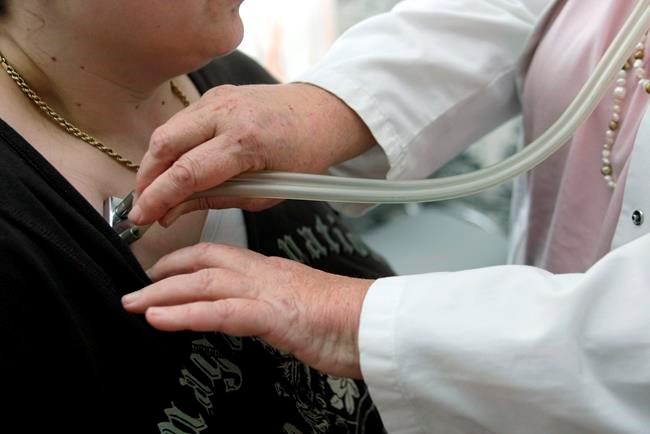TORONTO — Ontario's highest court says doctors in the province must give referrals for medical services that clash with their moral or religious beliefs.
In a unanimous ruling released today, a three-judge panel dismissed an appeal seeking to overturn a divisional court decision that upheld the referral requirement
The referral requirement is part of a policy issued by the College of Physicians and Surgeons of Ontario to address issues surrounding, among other things, assisted dying and abortion.
Last year, the divisional court found that while the policy does infringe on doctors' religious freedom, the benefits to the public outweigh the cost to physicians.
The court said doctors can ask their staff to provide a referral to another doctor who can provide the service, or choose to specialize in a type of medicine where these issues are less frequent.
In the appeal, a group of five doctors and three professional organizations argued the ruling was unreasonable because it gave more weight to an assumed problem with access to health care than to a real infringement of doctors' rights.
The group — which includes the Christian Medical and Dental Society of Canada, the Canadian Federation of Catholic Physicians' Societies and Canadian Physicians for Life — said there is no evidence that patients would be harmed by not receiving a referral.
It also alleged the court erred in saying doctors could pick specialties where fewer moral conflicts arise, arguing that presumes physicians can easily switch jobs.
The college, which regulates doctors in Ontario, said in documents that its policy aims to balance physicians' beliefs with the need to ensure access to care.
It said suggesting that people can simply find another physician to treat them ignores the barriers patients face, particularly vulnerable ones and those living in remote areas.
- Paola Loriggio, The Canadian Press
